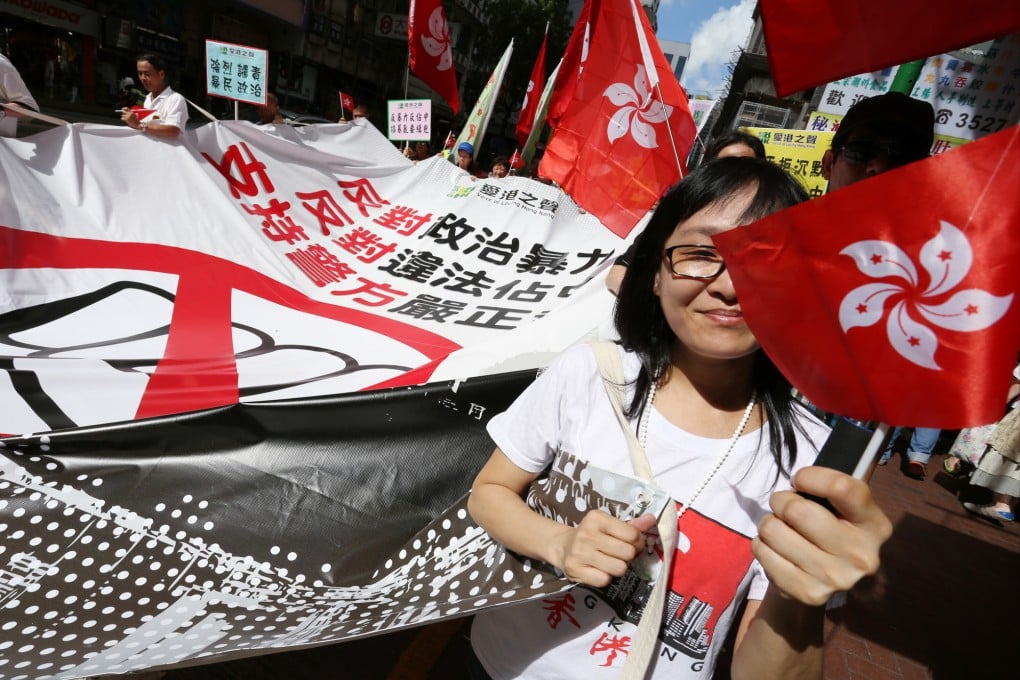Occupy Central activists must consider price to pay for raising stakes
Tim Collard says active civil disobedience would leave no room for retreat

Matters regarding the establishment of universal suffrage in Hong Kong in 2017 have come to a head rather sooner than most expected. Was it wise for Occupy Central and its allies to raise the stakes so high so early? We are now awaiting a decision by the National People's Congress on the question of Hong Kong's electoral system, which is likely to lead to a hardening of the fronts on both sides.
In advance of the NPC statement, radical activist groups are proposing to launch a civil disobedience campaign next month. The groups say this may not be necessary, as direct nomination for candidates has yet to be formally ruled out; but they are assuming the worst.
Indeed, they are right to assume the worst, as it is hardly conceivable that the NPC will leave any room for doubt as to the central government's position on nomination.
A campaign of active civil disobedience, as well as putting great pressure on Hong Kong's institutions, will severely test the concept of "one country, two systems"; let us hope it will not test it to destruction.
One iron rule I learnt when working as a diplomat in China was this: never ask a question if it will only provoke the answer you don't wish to hear.
It was most unwise of the radical wing of the pan-democrats to neglect this proviso. Understandably, many in Hong Kong have no time for advice from representatives of the old colonial power. But one person whose modus operandi remains worth studying is Chris Patten, Hong Kong's last governor. Seemingly on a hiding to nothing, with constant fulminations against him emanating from Beijing and only dubious support from his own diplomats, he managed a creditable fighting retreat, leaving Hong Kong self-confident and well prepared to establish a modus vivendi with the central government on the "one country, two systems" principle.